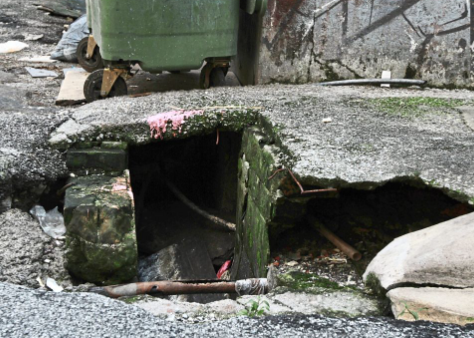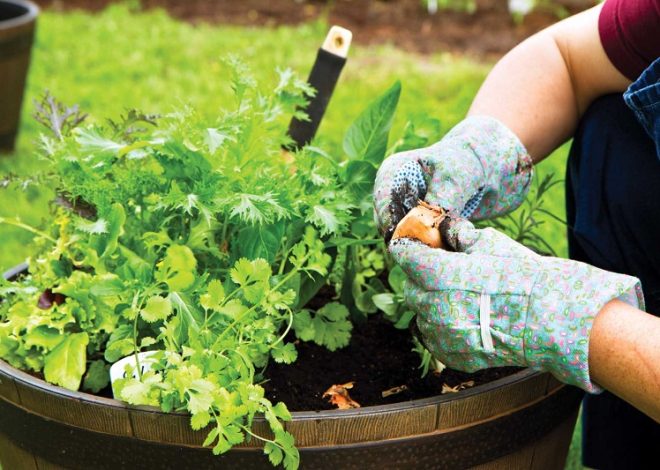
Things to Know Before Starting a Garden
Starting a garden is an exciting and fulfilling endeavour that allows you to connect with nature, beautify your surroundings, and cultivate your own green space. Whether you’re a seasoned gardener or a beginner, it’s important to have a good understanding of the essential aspects before diving into this rewarding hobby, or you can just try out some games from aussie casino online. In this article, we will explore important things to know before starting a garden to help you lay a strong foundation for successful gardening.
Know Your Climate and Growing Zone
Understanding your climate and growing zone is crucial as it determines the types of plants that will thrive in your area. Research the average temperature range, frost dates, and rainfall patterns specific to your location. This information will guide you in selecting plants that are well-suited to your climate and ensure their long-term survival and growth. Then you can proceed to play your real money slots online without worrying.
Assess Your Space and Sunlight Availability
Evaluate the available space for your garden and consider factors like sunlight exposure, soil quality, and drainage. Observe the area throughout the day to determine the amount of sunlight it receives. Most plants require at least 6 hours of direct sunlight daily. Additionally, assess the soil type and make any necessary amendments to optimize its fertility and drainage.
Plan Your Garden Layout
Before digging in, take time to plan your garden layout. Consider factors such as the size and shape of your garden beds, pathways, and any structures or features you wish to incorporate. Plan for adequate spacing between plants to allow for growth and air circulation. A well-thought-out layout ensures an organized and visually pleasing garden while optimizing the use of space.
Select the Right Plants
Choosing the right plants is essential for a thriving garden. Consider factors such as your personal preferences, available space, and the specific needs of each plant. Determine whether you want to grow flowers, vegetables, herbs, or a combination of them. Research the growth requirements of each plant, including soil type, water needs, and sunlight preferences, to ensure they are compatible with your garden’s conditions.
Start Small and Learn as You Go
As a beginner, it’s best to start small and gradually expand your garden as you gain experience and confidence. Starting with a manageable garden size allows you to focus on proper care and maintenance. Learn about each plant’s specific needs, including watering schedules, fertilization, and pest control, and monitor their growth closely. Embrace the learning process and be open to making adjustments along the way.
Prepare and Improve the Soil
Healthy soil is the foundation of a successful garden. Before planting, prepare the soil by removing any weeds or debris. Consider conducting a soil test to determine its pH level and nutrient content. Based on the results, add organic matter, such as compost or well-rotted manure, to improve soil fertility and structure. Healthy soil promotes strong root growth and provides a conducive environment for plants to thrive.
Learn Basic Gardening Techniques
Familiarize yourself with basic gardening techniques, such as proper watering, pruning, and pest control. Water plants deeply and less frequently to encourage deep root growth. Learn the correct way to prune plants to promote healthy growth and maintain desired shapes. Educate yourself on common pests and diseases in your area and adopt preventive measures to protect your plants.
Conclusion
Starting a garden is a fulfilling journey that requires a little planning, knowledge, and patience. By understanding your climate, assessing your space, planning the layout, selecting suitable plants, starting small, improving the soil, and learning basic gardening techniques, you’ll be well-prepared to embark on your gardening adventure. Remember, gardening is a continuous learning process, so embrace the joy of experimentation, observe your plants’ needs, and enjoy the beauty and rewards that come with nurturing a thriving garden.



